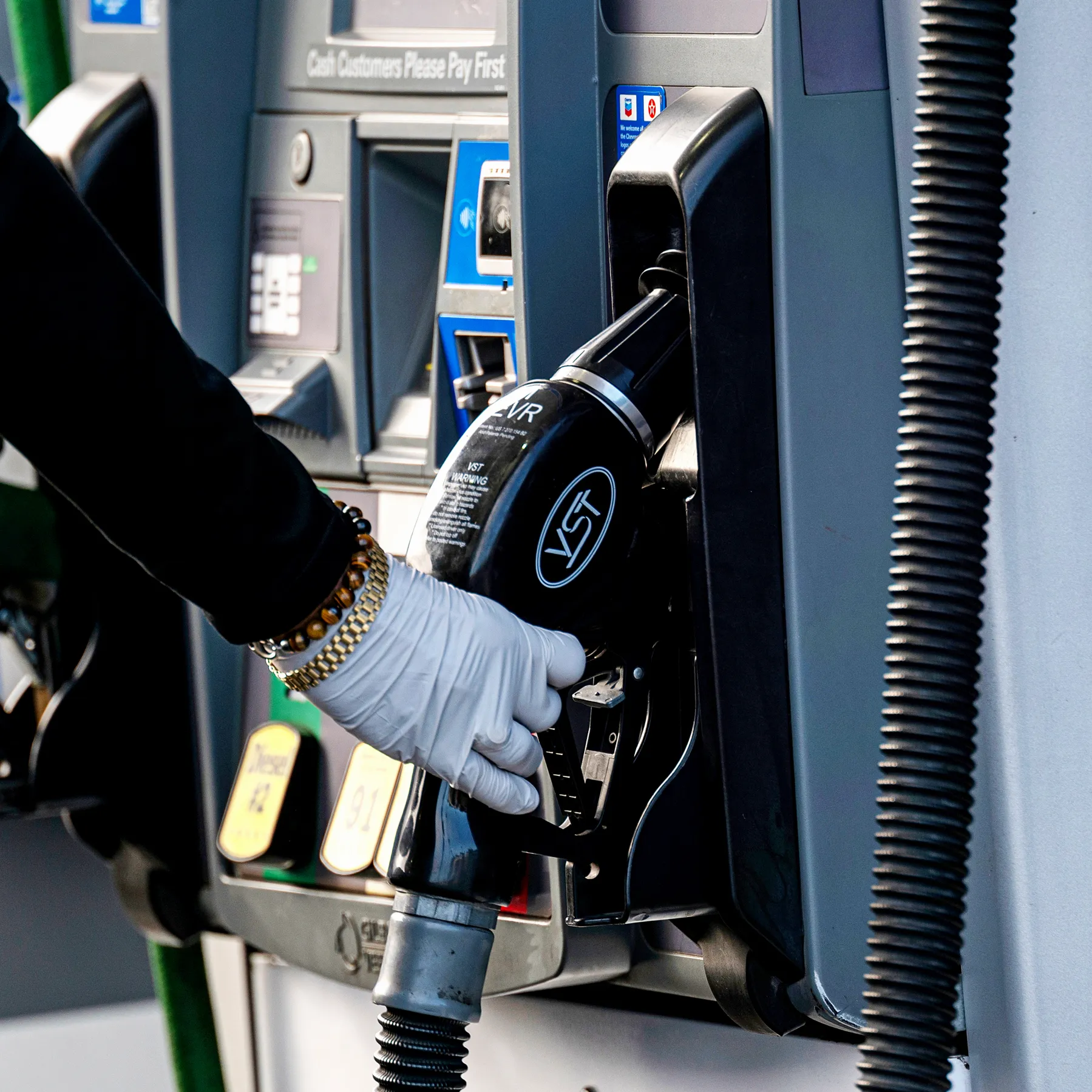No, fueling at night or early in the morning won't save your money
With fuel prices skyrocketing and the imminent summer exodus, there are more tips to save at the distributor. But not all tricks work.
Since the war in Ukraine, the cost of fuels has skyrocketed, forcing the government to intervene by applying a cut of excise duties "Historical" of 30 cents per liter. Despite this prices have long remained beyond 2 Euro both for the gas and the diesel; only in the last few days has the disbursement to self-service been just below this threshold.
As the exodus of summer holidays for Italians - but not only - these prices will turn into a real one bloodletting at the distributor with tens of euros more than in the past for a full. In light of this situation, on many sites, "tricks” To save what Euro to the pump, but not all of them are useful. On the contrary.
Among the tips that are having the most success on social networks and Whatsapp, groups are to do the full at night o al early morning. Beyond the Discount applied during the night by some distributors, the result would be an elusive one of savings thanks to a physical principle (yes sacrosanct) linked to temperature.
In very simple words, during the day it does hotter and the fuel expands for thermal expansion therefore, based on this principle, when we go for gasoline in the hottest hours of the day, for the same volume we would obtain a lower energy yield. This is because the fuel would be less dense than that released at night or early in the morning when temperatures are lower. In summary, when it is cold you would get denser fuel able to make us grind more kilometers.
According to the calculations that can be read on various sites, if you refuel early in the morning or at night, you would be able to save 3 percent of the total, about 1.50 euros out of 50 euros. In practice, thanks to this trick we would put almost an extra liter in the tank.
Everything is (almost) perfect from a chemical-physical point of view, except that the fuel is stored in insulated underground tanks, where the temperature is practically constant and is not affected by what occurs outside. A sunny day or freezing night makes no difference.
The same applies to that delivered by the pump, whose fluctuation in temperature (and therefore its effect of thickening or dilating the fuel) is minimal. Whether there is a continuous influx of customers, whether it is a little frequented distributor. According to a Consumer Reports report, which investigated this "trick" when the gas temperature goes from 15,5°C to almost 24°C the increase in volume is also only 1 percent.
Even if petrol and diesel were affected by this fluctuation, savings of just a few cents would be achieved on a full tank. Making “special” trips at night or early in the morning, therefore, would probably make us spend even more than what we would like to save. Not to mention the annoyance of early rising.



